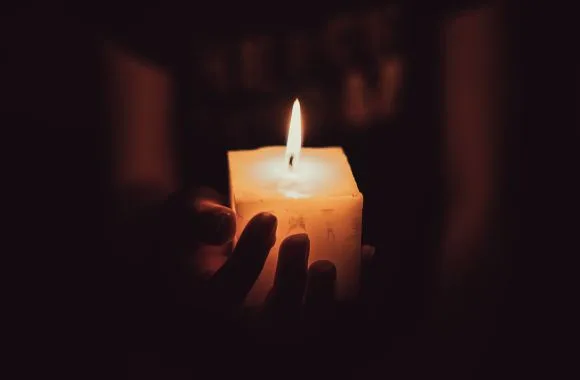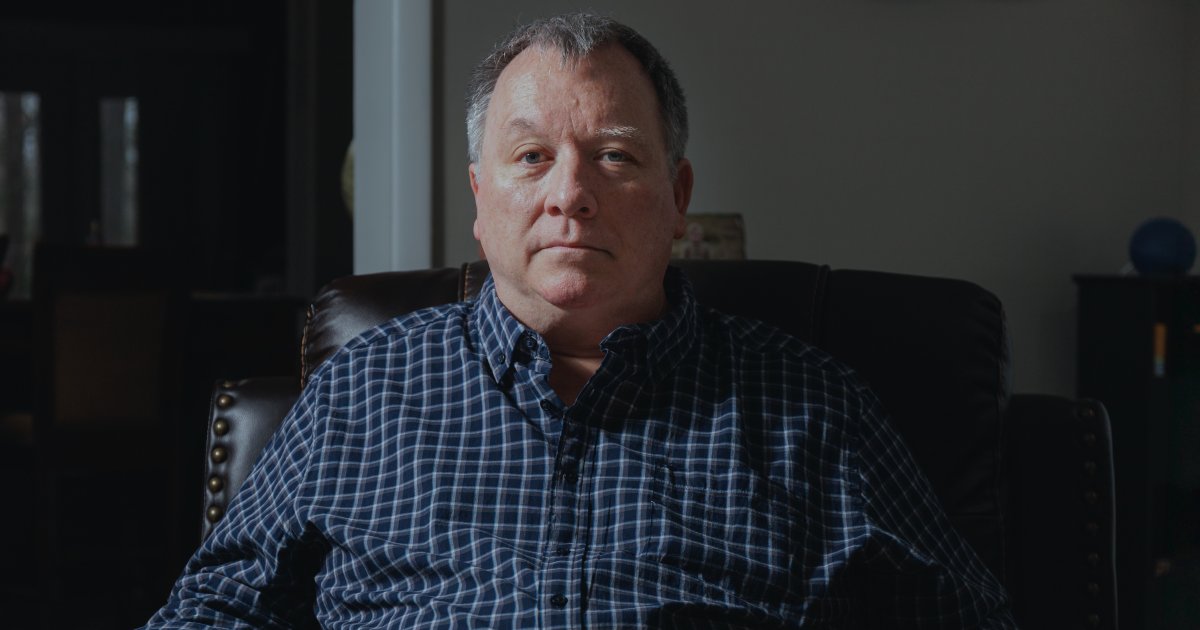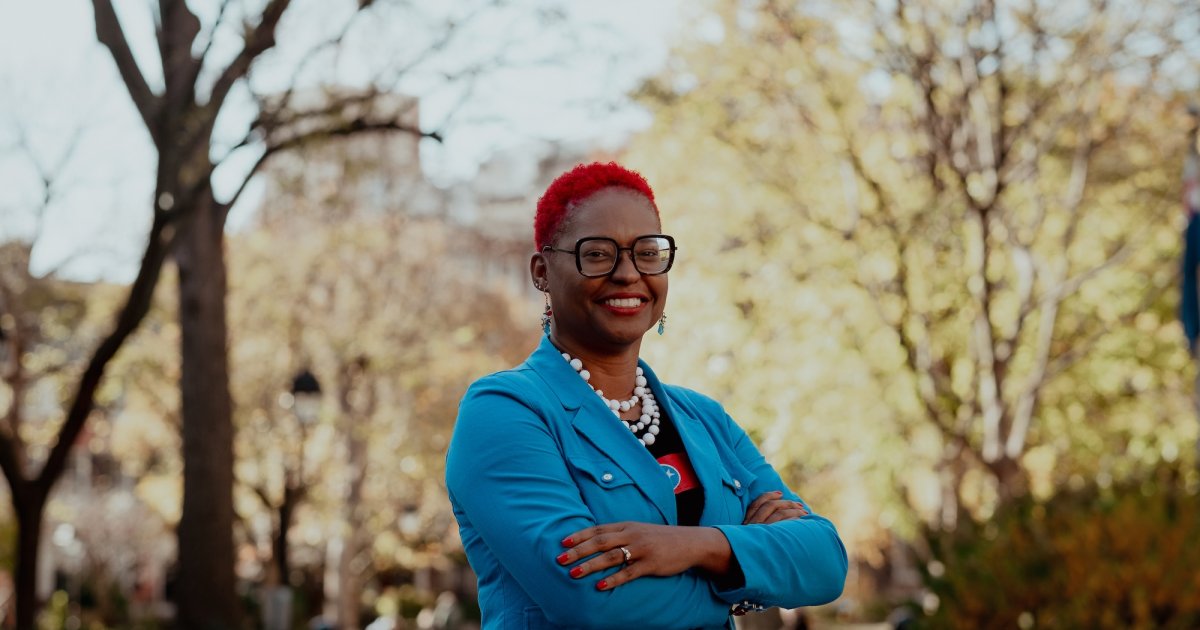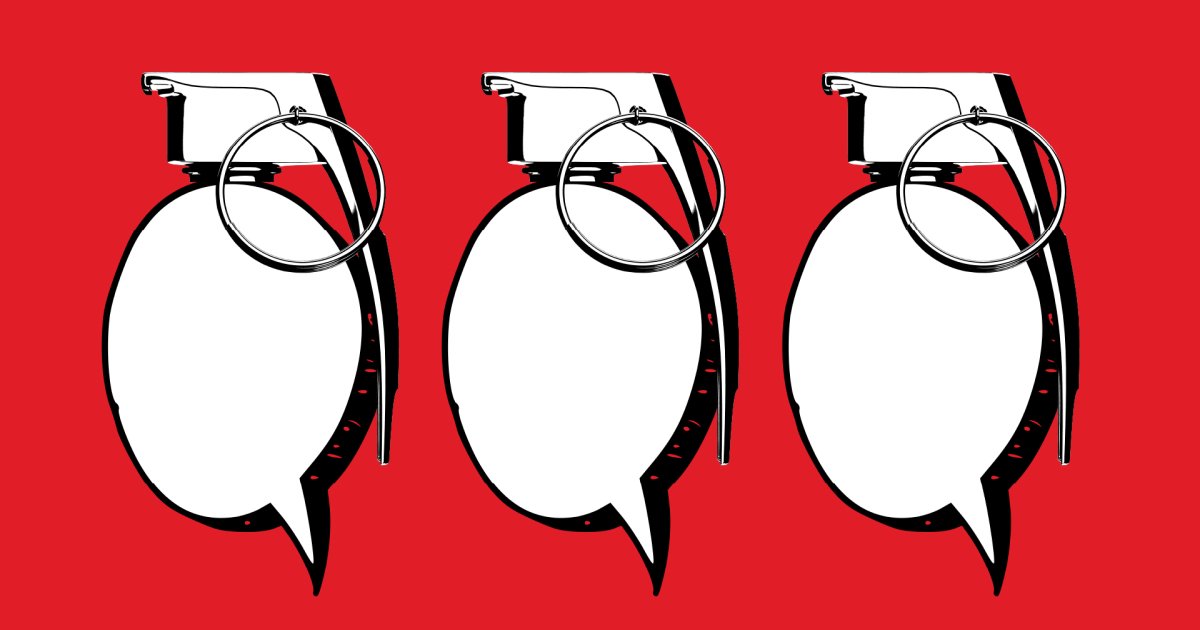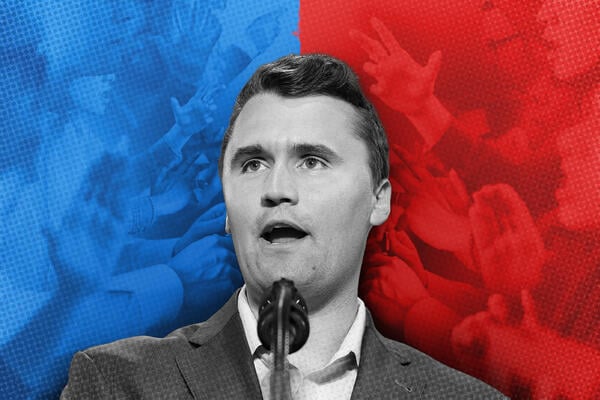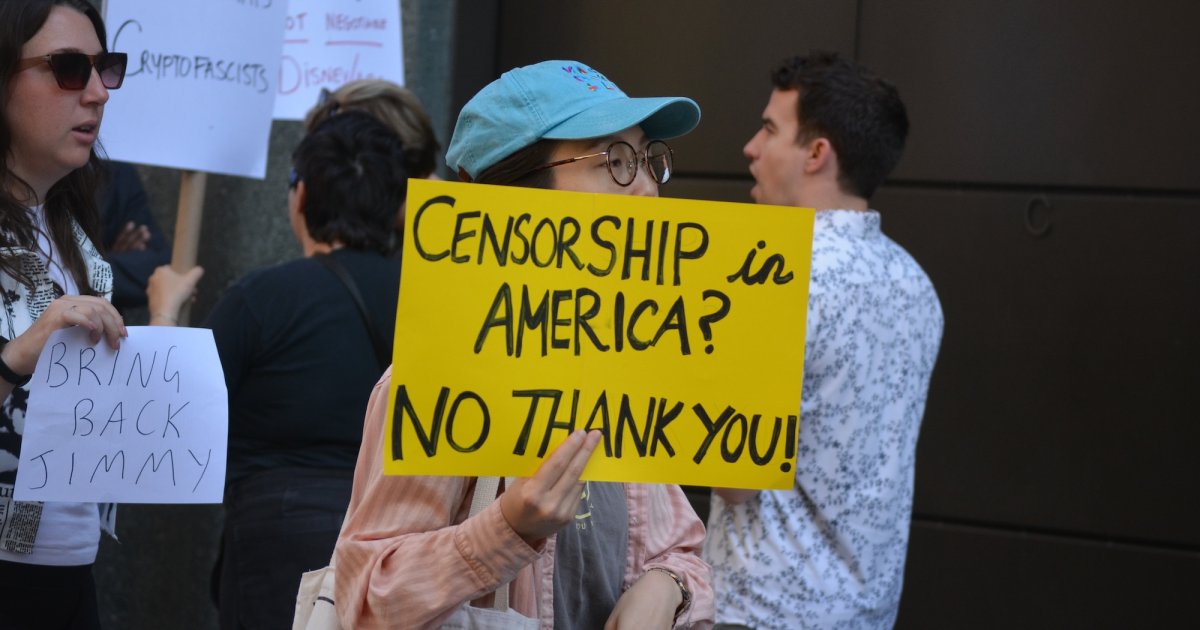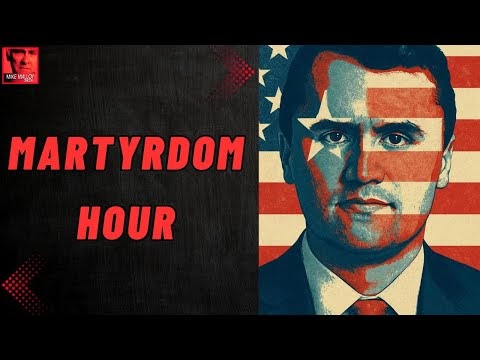OPINION/ANALYSIS
Undaunted by the murder of Turning Point USA founder Charlie Kirk, students are fighting to keep the light shining on truth and freedom on college campuses all across the country.
In the month that followed Kirk’s death, TPUSA reported receiving more than 62,000 requests to start or join a chapter.
Since then, some students have faced death threats, and others battles with administrators and student governments. But the September tragedy stirred up courage in many young adults – and with it came new hope for the future.
The College Fix has covered many of these efforts. Here are a few of the highlights:
Welcoming debate
This essay by Benjamin Ellis, a student at University of North Carolina Asheville and a Democrat, captured wide-spread attention after Ellis described his surprise at finding the campus TPUSA club was more welcoming of him than the College Democrats.
Battling death threats
TPUSA chapter president Jacob York, a sophomore at Olivet Nazarene University, received graphic death threats linked to his attempts to get his chapter officially recognized. York told The College Fix that those who stand for truth should expect persecution, and he is not backing down.
Students on other campuses also have faced harassment and threats.
Celebrating persistence
If at first you don’t succeed: TPUSA students at Fort Lewis College in Colorado refused to take “no” for an answer when the student government rejected their request for official recognition. After the situation garnered attention online, including from state lawmakers, the student government quickly reversed course and granted the chapter’s request.
Finding strength in community
Madailein McDonough, president of University of Mary Washington’s newly formed TPUSA chapter, told The College Fix that her ultimate goal is to be “confident in our beliefs, respectful in our approach, and fearless in defending free speech.”
“When you join TPUSA, you’re not standing alone; you’re joining a network of students nationwide who have your back. Our chapter prioritizes safety, respect, and support, and we believe that strength comes from standing together peacefully and proudly,” she said.
Denied but not defeated
Meanwhile, students at private institutions like Seton Hall, Vanguard, and Point Loma Nazarene universities have faced obstacles from administrators and student government leaders. Their requests for official recognition have been denied, but TPUSA students at those schools continue to make their voices heard.
While TPUSA was the name that dominated, other students and conservative organizations also served as beacons of light on their campuses, dedicating their efforts to liberty, faith, family, and our Constitutional rights.
Consider the thriving Catholic campus ministry at Arizona State University and the revival spreading through a Bible study that University of Pittsburgh athletes started earlier this year.
There are the young pro-life women who started a scholarship for parenting moms at Queens College, and the Massachusetts college student who has given out 15,000 pro-life bumper stickers to spread the word about unborn babies’ human rights.
Others fought administrators, including a Young Americans for Freedom chapter that succeeded in lobbying the University of Alabama to grant a waiver to omit gender ideology language from the club’s organizational constitution.
And there are the bold, lone voices of the de-transitioners – students who share their heartbreaking personal stories about transgenderism in an effort to help their peers avoid the same painful mistakes.
These young adults are exhibiting strength in difficult times. They are refusing to compromise or deny their beliefs even in the face of a very real danger.
And they give us another reason to hope this season.
MORE: We spoke with the Turning Point leader forced off campus after death threats

